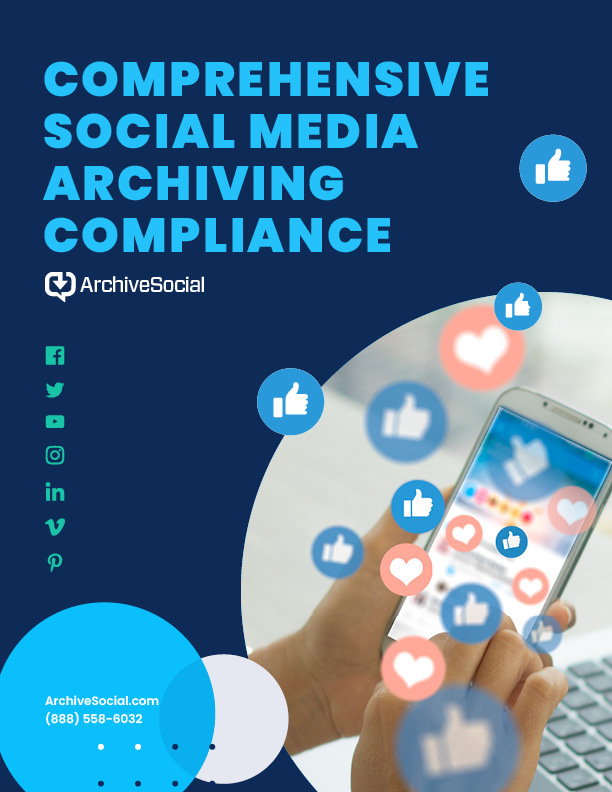It is no surprise that social media sites record more visits than any other activity online. Facebook is projected to hit one billion users in 2012, and Twitter witnesses an average of 190 million tweets per day. Tapping into this meteoric rise in popularity, companies and business professionals have widely adopted social media. This strategy makes sense. Social media is a valuable marketing tool that allows companies to engage with customers on a personal level. Through posts, tweets, and likes, companies can build what is most important in a working relationship: trust. But along with these benefits come the risks of managing and archiving the resulting social media records.
Risks of Social Media: Records Management
Every tool has its dangers. Like a hammer slipping from the nail head, mismanagement of social media can quickly lead to a sore thumb. Given the new and widespread social media interactions, social media records management is a vulnerability that can leave a company similarly bruised. Managing physical and email records is currently a common practice. Managing social media records is not. With social media, no longer are a company’s records firmly under its control. Social media is dynamic and fragmented, with many interactions taking place outside of the company’s network. Comments can be deleted, and tweets can be re-tweeted and spread to a much larger audience than intended. This data is often not cached, and may only be stored on Facebook or Twitter’s servers. This means that collecting, archiving, and managing all social media records is tedious.
Regulatory Risks
The complexity of managing these social media records is compounded by regulatory threats. Digital records are increasingly considered legal equals to advertising records. Choosing to ignore regulation is no longer an option. However, complying with the corresponding regulations is demanding. Each like and tweet must comply, and certain professions must meet even tougher standards. For instance, a financial adviser must archive every interaction according to strict instructions and cannot endorse or give advice on a financial instrument while online.
Litigation Risks
Beyond the challenge of these regulations, the litigation threats posed by the mismanagement of social media records are significant. The Gartner Group predicts that over half of corporate litigants will be ordered to produce social media records during the e-discovery phase of a trial by the end of 2013. These records need to be accessible, retain their metadata, and comply with legal holds. As a result, an estimated 35% of litigation costs are due to the e-discovery process. Steep fines reaching millions of dollars due to spoliation or the inability to produce these social media records may cause further cost and legal burdens.
Response to Managing Social Media Records
Despite its popularity, many companies have adopted a policy banning social media. Worries about compliant records management is a key driver of this timidity. But this approach places a limit on a company’s potential. Disregarding social media cannot be a solution for today’s firms. So, companies need to find a way to embrace social media without the risks of its records.
We have an answer. ArchiveSocial helps clients comply with regulations, archive social media records, and steeply reduce e-discovery burdens. Simple, robust, and cost-effective, ArchiveSocial streamlines social media records management. This significantly cuts the structural risks of social media, and lets firms focus again on the opportunities of social media.
Interested? Learn more about our social media archiving solution.


